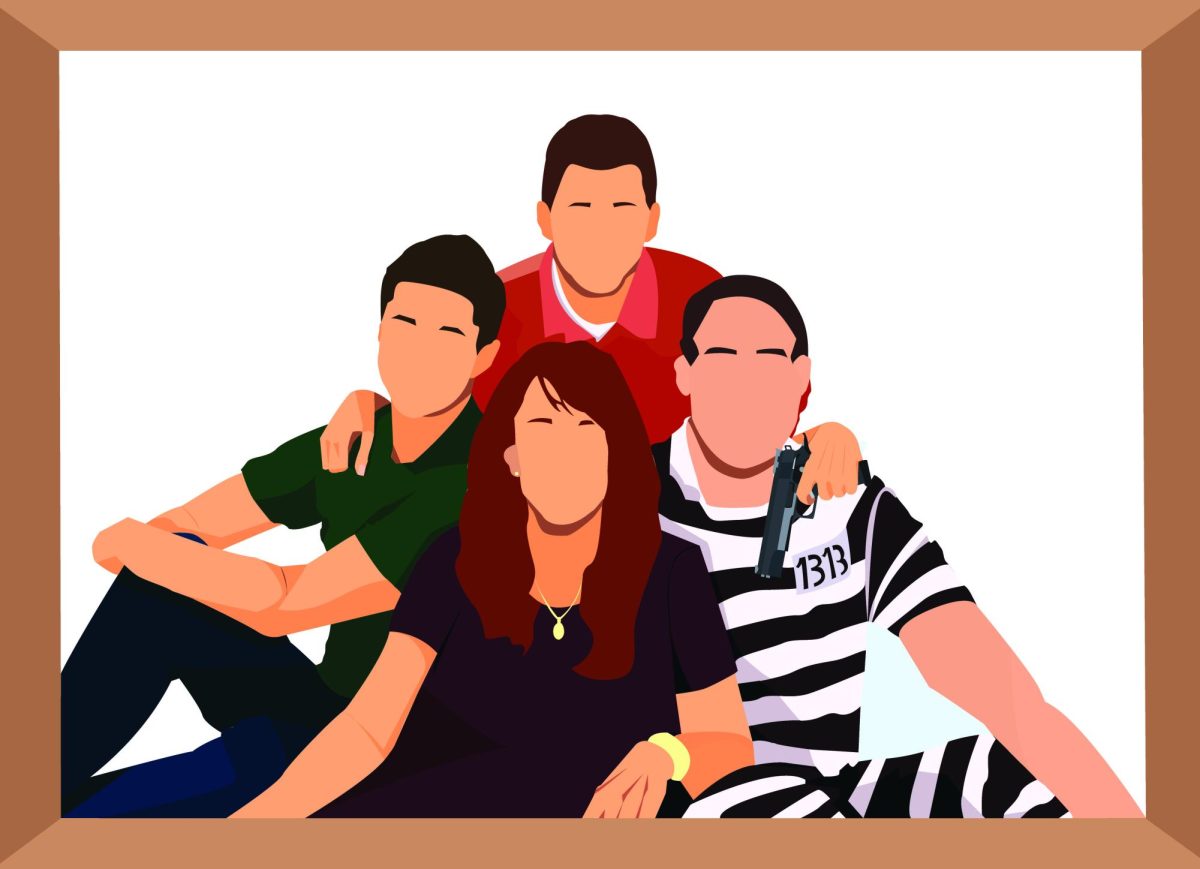When you hear that a student has opened fire at a school, the first thought for some is: how could this happen? Who is to blame for this tragedy? Are the parents of the child to blame for not realizing what their child would do? Did these parents know that their child would go this far?
Recently, the conversation has widened concerning accountability and liability. Although only one person may have physically had their finger on the trigger at the time of the shooting, many other invisible factors also contributed to the event — one influential factor being parents who ignored warning signs or even, in some cases, inadvertently provided the weapon used.
While not every parent of a school shooter should be charged with manslaughter, we believe parents need to be held accountable for their child’s violent actions. It is true that in some cases, there were no telltale signs that the parent could pick up on. However, more often than not, there has been negligence on the part of the parents. Therefore, it is fair to hold a trial — criminal or civil — and charge them. Parents are responsible for raising their children and speaking up, rather than recluse when a red flag pops up.
We spoke with David Studdert, a professor of health policy and law at Stanford University who specializes in the gun violence epidemic. He explains how mental health struggles combined with access to a firearm creates a perfect storm for firearm violence, and that if a parent is responsible for the firearm access, then they are culpable for prosecution.
“Morally, I do think it’s wrong for parents of children, especially children who are experiencing mental health difficulties, to leave weapons lying around the house or within easy reach,” Studdert said. “Many shooting clubs would teach that as a classic instance of irresponsible gun ownership.”
To put this problem into context, in 2023 alone, according to U.S. News and World Report, there were 346 school shootings in the United States — almost one per day. Threats of gun violence and safety procedures are even more familiar to students across the country, including Paly students. An example of these threats was when Paly went into a shelter-in-place in December after there was a report of a man waving a gun on the Embarcadero overpass.
There are many factors that have been identified as causal factors of increased firearm violence at schools — access to a firearm, often facilitated by a parent, is a central one, according to Studdert. Parents oftentimes, whether intentional or not, have made access to a firearm easier for their child.
“It’s necessary for the shooter to gain access to a firearm,” Studdert said. “That access frequently occurs in homes, where the gun is typically owned by a family member. Access to means is a critical ingredient.”
Too often, we attribute the blame of tragic school shootings solely to the shooter. We tell ourselves, “No one could have seen it coming,” and “Thoughts and prayers.” Yet many scenarios that have unfolded in court have told us another story — despite multiple red herrings, parents often took actions that egged on, rather than mitigated, the preventable. For instance, when parents leave a firearm unlocked in a home with a student who has shown signs of mental health struggles, like in the case of Ethan Crumbley.
On April 9, the parents of Ethan Crumbley, who murdered four students and injured seven others at Oxford High School in 2021, were sentenced to 10-15 years in prison for manslaughter. Ethan’s parents gifted him a gun, which was used four days later to open fire on his high school. The judge determined that the parents failed to take steps to prevent the event.
Some may see it as an overreach of the court — parents can’t have full control over the actions of their children. However, it is a gross injustice when we label a school shooter as an anomaly without recognizing the role that their parents played — as a case that will not happen again because we have seen time and time again that it will.
Ethan Crumbley’s parents being charged and convicted is unprecedented as they were prosecuted for criminal parental negligence, Studdert says. The Crumbley parents’ case is significant because they were prosecuted in criminal court, not civil court.
“That [a criminal case] means that the state has to prove beyond a reasonable doubt that the parents recklessly or intentionally created conditions that led to the school shooting — it’s a really hard thing to prove,” Studdert said. “You can imagine juries want to give parents some latitude, give them the benefit of the doubt, and allow them to parent in the way they think is best. For these reasons, courts usually try to avoid getting involved in second-guessing parents’ decision-making.”
Studdert explains that although this case prevailed and resulted in a successful prosecution, most other school shooting cases will be on a case-by-case basis.
“I don’t think we’re going to see many cases involving criminal prosecution of parents or guardians for their role in these situations,” Studdert said. “However, we may well see more cases alleging negligent supervision and care by parents, particularly in states with safe storage laws.”
Although the Crumbley parents’ case was a rare win in court, parental accountability for gun violence needs to continue, whether it is prosecution in criminal or civil court. Parents have the moral obligation to raise their children in a way that prevents societal harm, and if they fail to do so, they must be held accountable.
